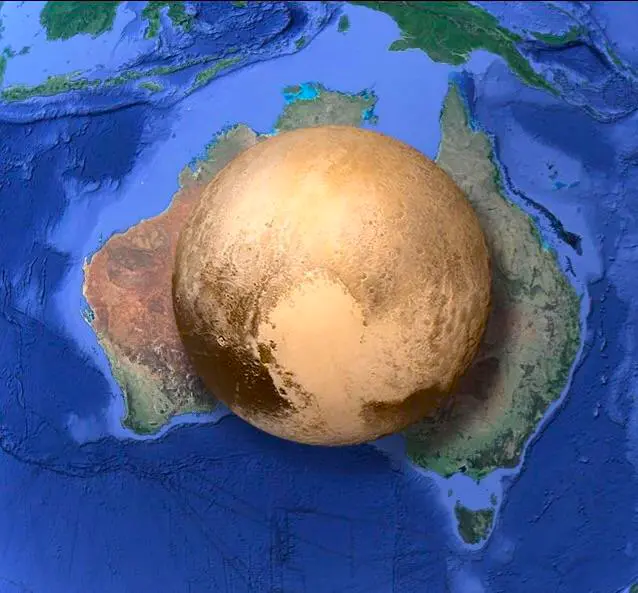1
55
8
149
9
28
On the Formation of Trapped Electron Radiation Belts at Ganymede
(agupubs.onlinelibrary.wiley.com)
12
57
14
49
17
111
18
55
21
37
Another intermediate-mass black hole discovered at the centre of our galaxy
(portal.uni-koeln.de)
25
86
view more: next ›
